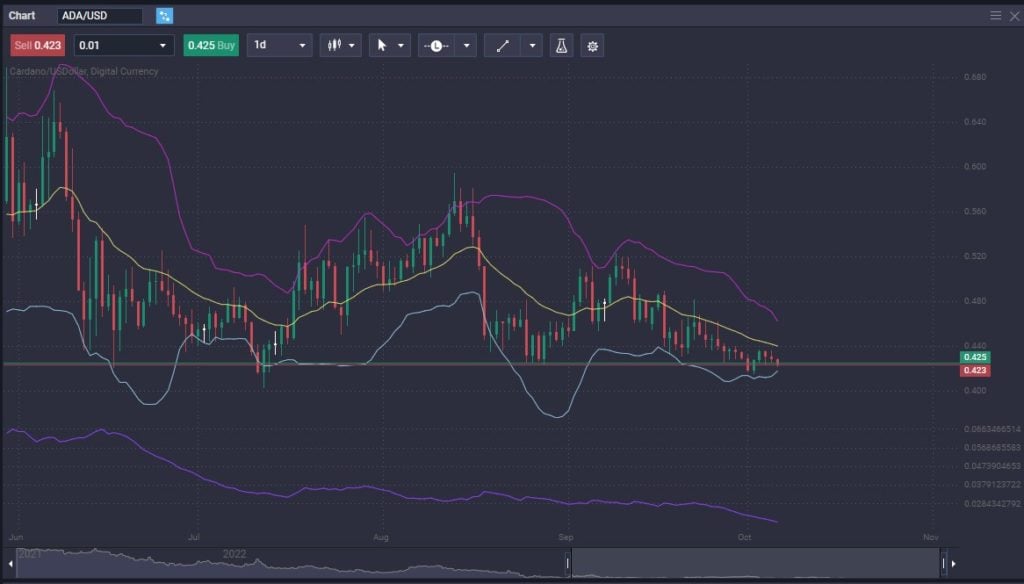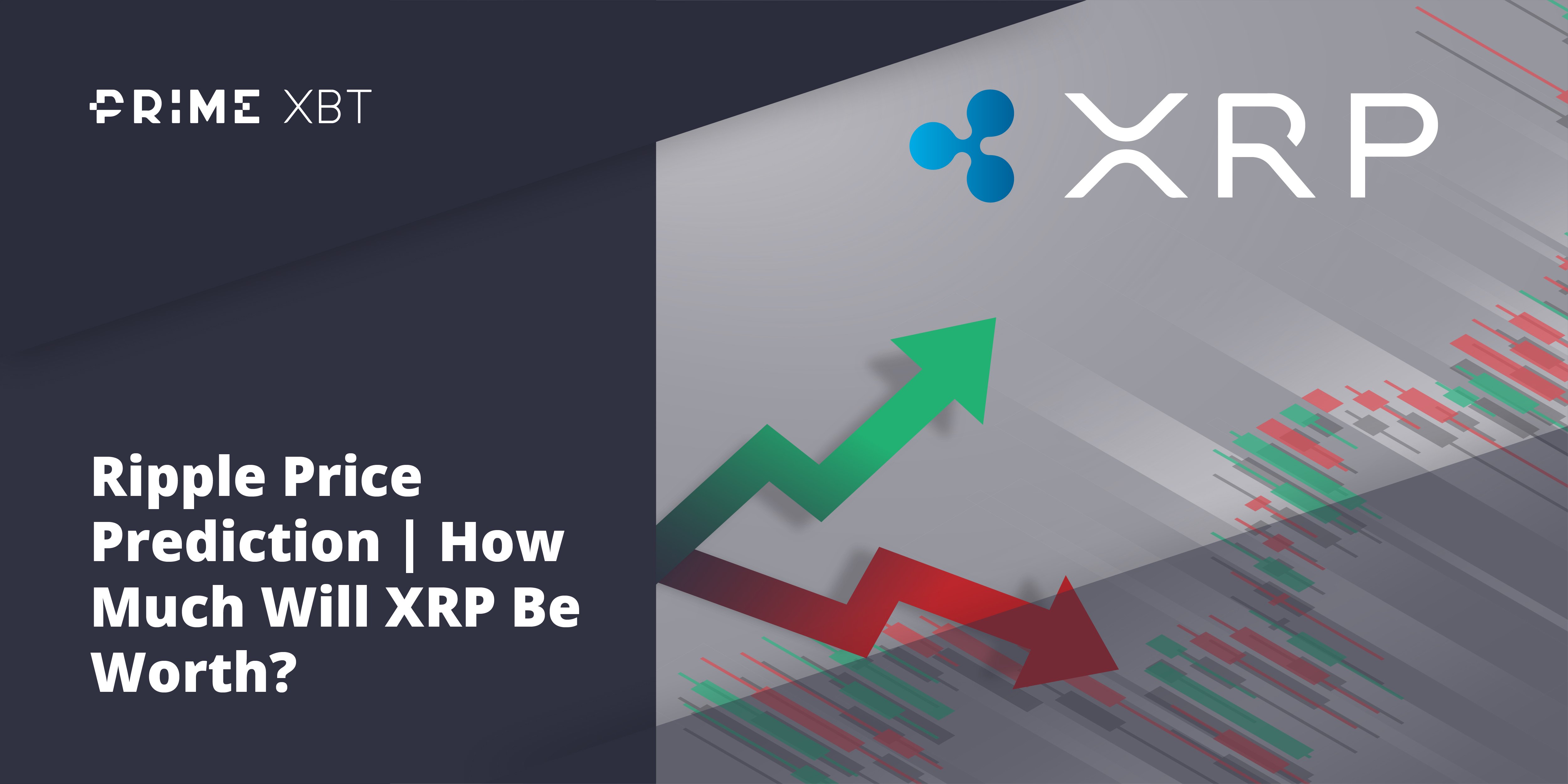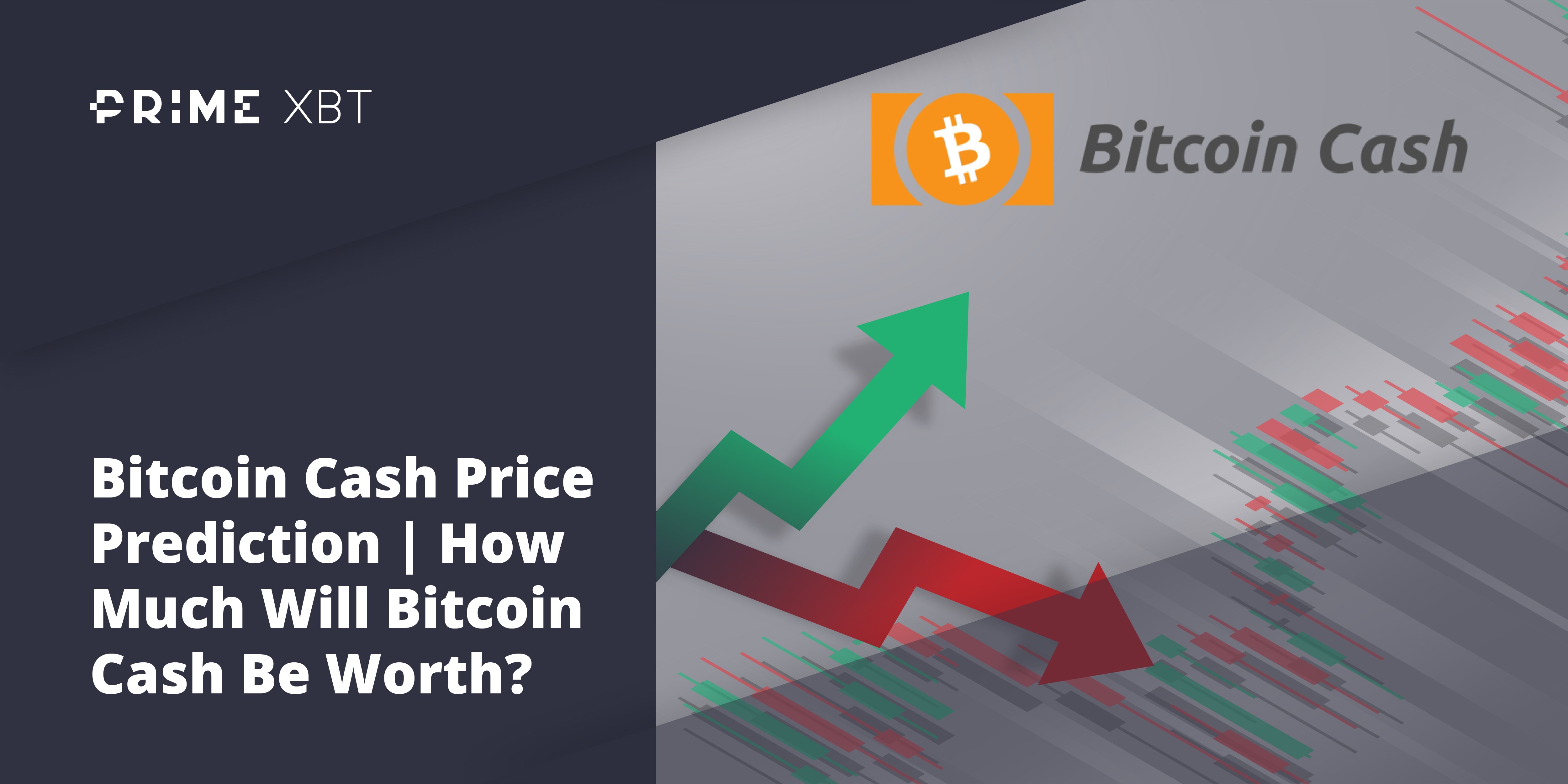Cardano and Solana have become popular among crypto enthusiasts, rising with the previous bullish run of the crypto market. These two cryptocurrencies serve multiple purposes and have captured the imagination of many investors. Although they share some similarities, they also have several differences that are important to understand if you are looking to invest in either or both. Before deciding between Cardano and Solana, we will examine both in detail.
Cardano: The basics

Before buying Cardano – or not – you need to understand what Cardano does, how it works, and what it is used for.
What is Cardano, and how does it work?
Cardano is a proof-of-stake blockchain platform that is the first to be peer-reviewed for its research and methods. It uses pioneering technology to provide extreme security and sustainability. It is meant to offer decentralization to applications, systems, and societies. The cryptocurrency itself is known as ADA.
Advantages of Cardano
There are some substantial advantages to Cardano. One of the biggest ones is that it uses very little power compared to many other blockchains, especially proof-of-work ones like Bitcoin. Cardano operates in a “trustless environment,” allowing open transactions, and is all open source so that developers can use their skills to develop in the ecosystem.
Disadvantages of Cardano
While Cardano has shown a lot of promise and even has been used in various scenarios, Cardano is notoriously slow to develop. This is mainly due to the deliberate and diligent nature of the peer-reviewed aspect of the ecosystem. While this slows down the process, it also means that Cardano is one of the most reliable ecosystems available.
Solana: The basics

To distinguish between Cardano and Solana, you need to understand a few things about Solana to differentiate the value proposition of both.
What is Solana and how does it work?
Solana is an attempt to improve on the ideals of Ethereum. Unlike other cryptocurrencies, Solana uses a “proof-of-history” algorithm to define the blocks in the chain. It uses timestamps to determine the next block in the Solana blockchain.
The SOL token is used to pay transaction fees and is sometimes used as a currency. However, the initial advantage of Solana’s scalability may be disappearing since Ethereum has just finished “The Merge,” which was a massive upgrade.
Advantages of Solana
Solana is mainly known for its speed. It can process as many as 50,000 transactions per second. Its average cost per transaction is $0.00025. The speed and costs involved make Solana far preferable, at least in theory, to Ethereum.
Because of its architecture, Solana aims to eliminate performance bottlenecks, enabling transaction throughput and making it very scalable.
Disadvantages of Solana
There are a lot of disadvantages as well. The first complaint people tend to bring up is that the Solana ecosystem isn’t decentralized enough. Solana has roughly 1,000 validators, while its main competitor Ethereum has over 200,000.
The main issue with being a validator is the enormous cost involved. There is a high maintenance cost with being one, and it can cost as much as $95,000 per year.
Furthermore, and perhaps the biggest one is that network uptime and reliability have suffered, once shutting down the network for 17 hours. This could be a major problem going forward, and every time there is an outage, it wears away at confidence.
Key differences between Cardano and Solana

Cardano chart on the Flurex Option platform.
To make investing decisions between Cardano and Solana, you need to be aware of the main differences between the two.
Evolution
Both have evolved in just a few years. The original whitepaper for Solana was written and released in 2017, but the network wasn’t operational until 2020. This paper was written by Anatoly Yakovenko, but it took that long to come to fruition. Solana now allows programming in Rust, C, and C++.
Cardano was initially started to compete with Ethereum, as Charles Hoskinson was one of the founders of that coin. The network has utilized a proof-of-stake protocol named Ouroboros. This uses much less energy than Bitcoin or the original Ethereum. Cardano implemented a decentralized finance service in September 2021 and began to enable smart contracts at this point.
Because of this, Cardano has made considerable strides in catching up to other networks.
Value
The transaction fees make a massive difference in value between the two coins. The transaction fees on Cardano are roughly $0.18, as opposed to the minuscule $0.00025 on Solana. In this sense, Solana is much more of a value, but the stability of Cardano cannot be overlooked.
Coin Limits
Cardano has a limit of 45 billion tokens. Solana is theoretically unlimited, but there is a cap yearly based on inflation – so it isn’t necessarily a free-for-all. The number of coins that are minted each year for Solana is a moving target, so each year will be different.
What Makes Solana and Cardano Similar?
Both coins and ecosystems have similarities that you should be aware of if you are going to be making trading decisions. Because of this, you should focus on a few major points.
Mining Process
Both use proof-of-stake, and therefore you aren’t “mining” new coins. The process is much more environmentally friendly than the old “proof-of-work” process like Bitcoin uses.
Less Energy
Both use much less energy than many of their rivals. In fact, Charles Hoskinson recently estimated that Cardano uses roughly 0.01% of the energy Ethereum used before the upgrade. As for after, this is still being calculated, as the use of crypto has dropped precipitously over the last year, due to being in “crypto winter.”
Staking
You can stake coins in both ecosystems, and therefore it makes the holding of these coins attractive. Both networks have plenty of pools that you can join to earn rewards as your coins help facilitate transactions.
Solana vs. Cardano: Comparison
To better understand the similarities and differences between Cardano and Solana, this table provides a high-level overview of the two blockchains.
| Feature: | Cardano: | Solana: |
| Date Founded: | Sept 2017 | Mar 2020 |
| Ticker: | ADA | SOL |
| Market Cap (Oct 2022) | $14.7 billion. | $12 billion |
| General Purpose | dApps, tokens | dApps, scalability |
| Transaction Function | Cardano Settlement Layer | Solana runtime |
| Mining Standard | Proof-of-stake | Proof-of-history |
| Maximum Available Supply | 45 billion | Unlimited but timed |
| How Is the Currency Used? | Tokens, dApps | dApps, transactions |
| What Influences the Value? | Adoption | Adoption |
ADA vs. SOL: Historical Price Action Reviewed
Both coins have risen and fallen with the rest of crypto. Both coins will often follow right along when times are good for cryptocurrency. Cardano hit an all-time high of $2.9672 during the latest crypto boom in 2021. However, as crypto fell out of favor, the price of Cardano plummeted.
By contrast, Solana reached a price of almost $259 in the same time frame. However, as crypto fell out of favor, it, too, had a massive plunge. This was exacerbated by several issues with the network, including an outage that lasted 17 hours. This works against the value of Solana, as blockchain technology is supposed to work in an automated way.
Cardano vs. Solana: Which one is the better investment?
When deciding which cryptocurrencies are the better investment, there are many things to consider. Solana is a “better and faster” version of Ethereum, allowing for the transactions of dApps in a relatively decentralized way. Solana is undoubtedly much faster than its main competitor, Ethereum, but there have been massive moves to improve Ethereum in the last year. The question now will be if the Solana network can overcome Ethereum. The best-case scenario is that it is used for a few specific but currently unknown functions.
Cardano is an interesting project because it will undoubtedly be more reliable than Solana. It is peer-reviewed and therefore goes through rigorous testing before anything is released. This means that the Cardano should continue to be considered a stout network. It also has been geared more toward some Third World countries, such as Ethiopia and other African nations. The network has been used for banking the unbanked and verifying identities in Ethiopia. The founder, Charles Hoskinson, has stated that trying to enter these smaller markets is a choice and strategy of Cardano.
Conclusion
Both ecosystems offer strength and speed in comparison to others, especially Ethereum. Ethereum has recently upgraded, and this is closing the gap overall. Cardano seems to be geared towards smaller, often overlooked markets, so it is an entirely different strategy. The Cardano network is also highly reliable, which cannot always be said about Solana.
Part of what you will have to think about is how much time you wish to wait for the value to be unlocked. After all, Cardano takes its time to move forward, but once something is done, it’s completely done. Solana seems to be less reliable, but it also is much cheaper. There is a real possibility that both networks will survive and thrive in the future but will be used for very different applications.
Both networks and coins have captured much attention, so they will likely continue to attract inflows. However, you will need to see the crypto markets rally in price in general before these coins do. While they are both “Top Ten” in forms of market capitalization, they will need other markets like Bitcoin and Ethereum to strengthen before more money gets pumped into these markets.
Is Cardano built on Solana?
No, Cardano has its blockchain and isn’t built on anything else.
Is Cardano better than Solana?
In some ways, yes, it is. Cardano features a secured two-layered architecture. This allows Cardano to process transactions and deploy smart contracts. While Solana is widely considered an alternative to Ethereum, Solana has been hacked a few times and has also had the system go down.
Why is Cardano so cheap compared to Solana?
While Cardano has a fixed maximum number of tokens ever minted, Solana runs a deflationary system where the SOL tokens used for paying transaction fees are burnt and taken out of circulation. This helps to mitigate the effects of the number of coins.


